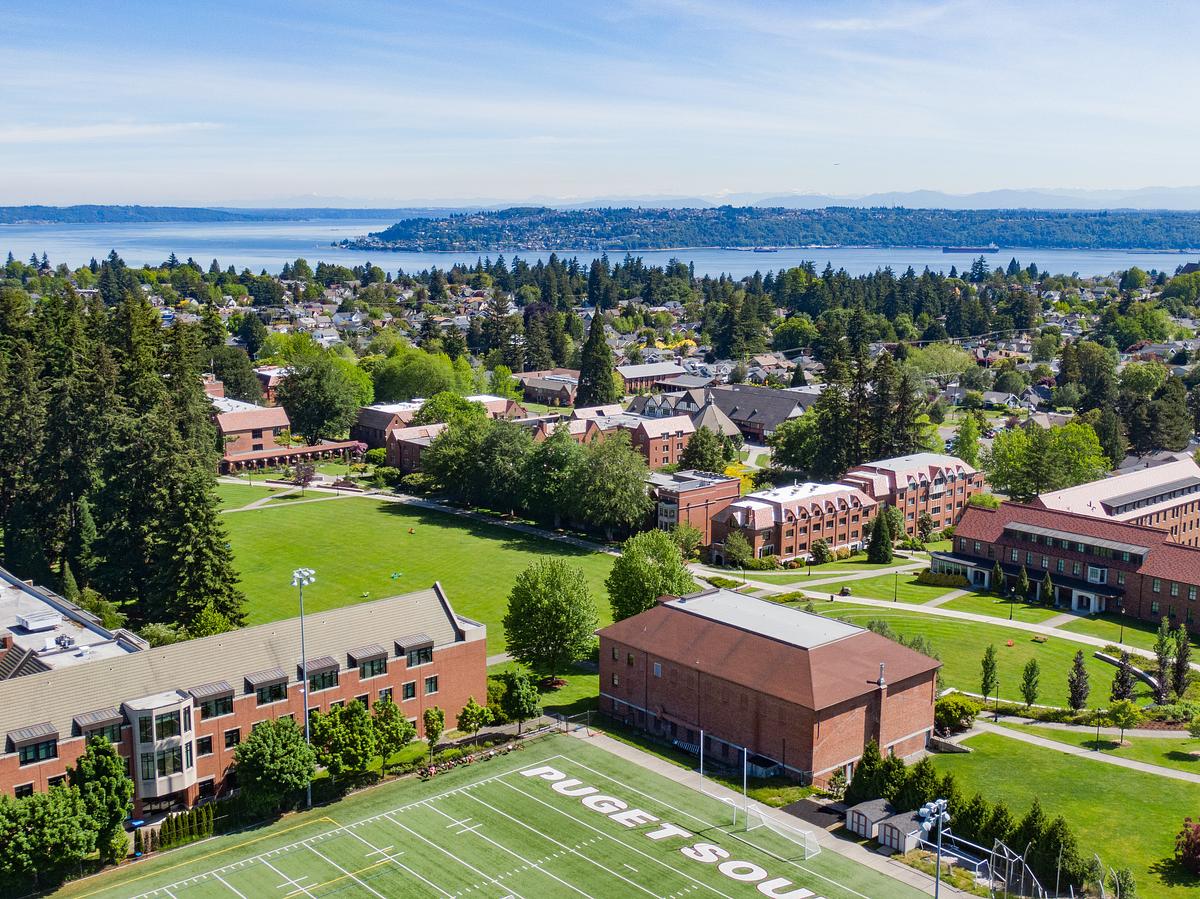What is art? What is its purpose? How does art contribute to our culture? How does it provide insight into being human? What role does art play in constructing meaning? How does "thinking with your hands" expand ways of knowing? How does studying the development of art and creative expression through the ages help you understand our world and the human condition?
The Department of Art and Art History offers multifaceted frameworks for the consideration and creation of visual expressions of power, cosmologies, identity, yearning, love, loss, hope, terror, tradition, and resistance. Studio art students take courses in painting, printmaking, digital media, and three-dimensional art, learning a range of techniques and processes in well-equipped studio spaces. Art history students study diverse artistic traditions and develop strong analytical, research, presentation, and writing skills.
















































